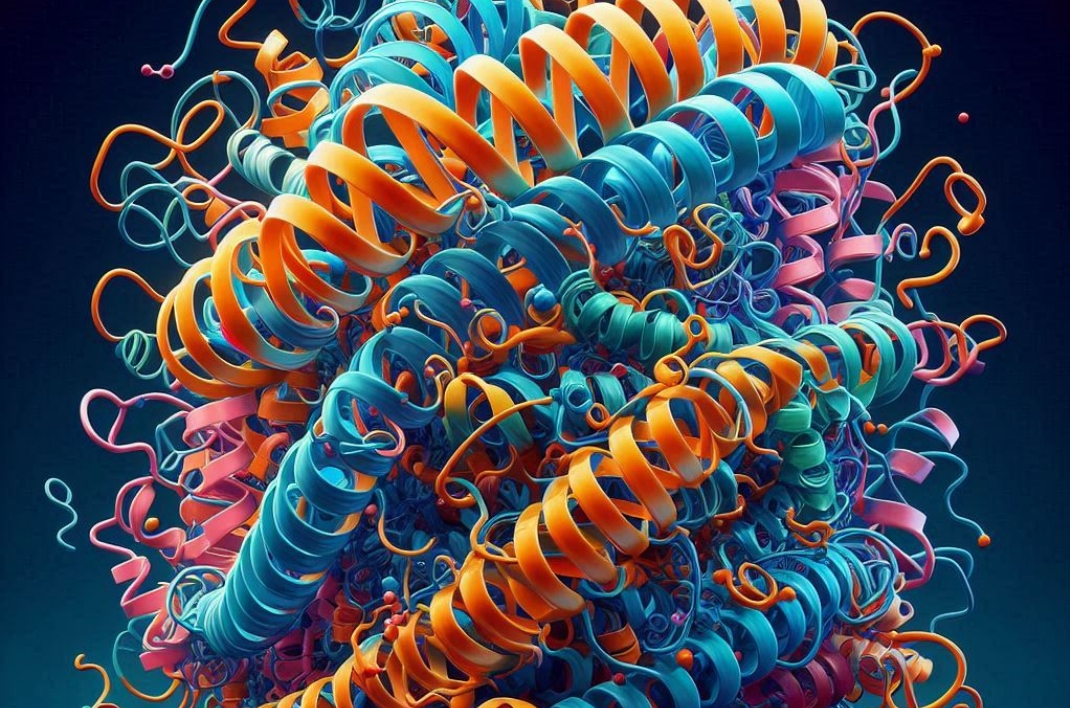
Currently, there are many challenges in translating genetic and genomic discoveries into precision medicine. To address these challenges, researchers at Cornell University and the Cleveland Clinic collaborated to construct PIONEER, an advanced deep learning framework capable of predicting protein-binding partner-specific interfaces across all known human protein interactions.
PIONEER surpasses current methods by predicting interaction interfaces for humans and seven other model organisms, providing a deeper comprehension of how disease-associated mutations affect protein-protein interactions (PPIs).
Analyzing approximately 11,000 whole exomes across 33 cancer types, the researchers identified 586 significant PPIs, termed oncoPPIs, which were enriched with PIONEER-predicted interface somatic mutations. These oncoPPIs were strongly associated with patient survival and drug responses, underscoring their relevance in precision medicine.
"PIONEER is a monumental step forward in predicting and understanding the impact of disease mutations on protein interactions," says Haiyuan Yu, Ph.D., lead author of the study. "This platform could significantly expedite the translation of genetic findings into clinical practice."
PIONEER's deep learning capabilities enable a multiscale interactome network analysis, crucial for understanding the functional consequences of disease-associated alleles. This platform has the potential to transform drug discovery and personalized medicine by allowing researchers to predict and comprehend the effects of mutations at a scale never before achieved.
The study is the result of a collaborative effort between the Department of Computational Biology at Cornell University and the Cleveland Clinic Genome Center. Support for the work came from the National Institute of General Medical Sciences, the National Institute of Diabetes and Digestive and Kidney Diseases, and the National Institute on Aging.
Intelligent Oncology Dreamworks Jiarong Deng
